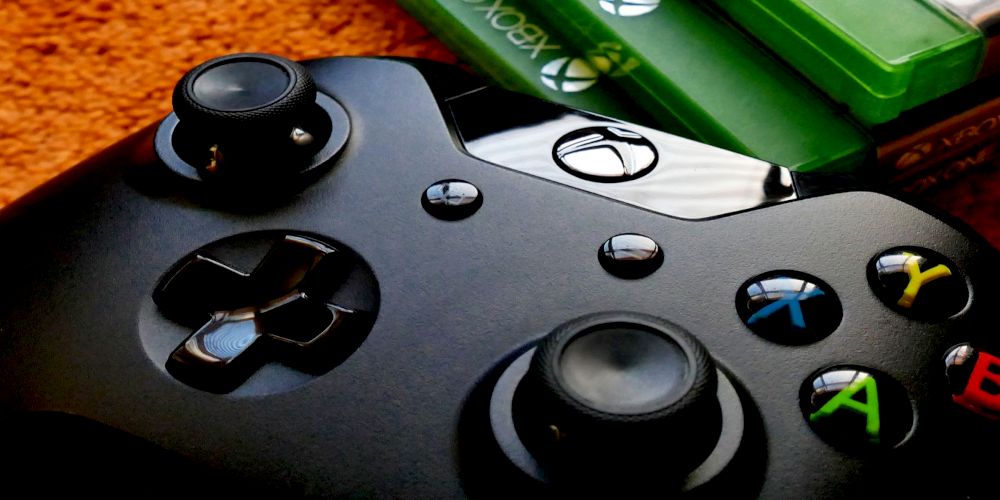As I browse the Microsoft Store, I wonder just what went wrong. Nearly all of the new releases from well-known publishers have ratings of three stars or less.
Games from companies like Konami, Bethesda, and EA have sunken to a whole new low. They aren't what players expected, and come with a whole slew of problems.
AAA games almost always succeeded in the past. Now AAA games are terrible, buggy, disappointing, and worse. Why are AAA games failing so hard right now?
What Are AAA Games?
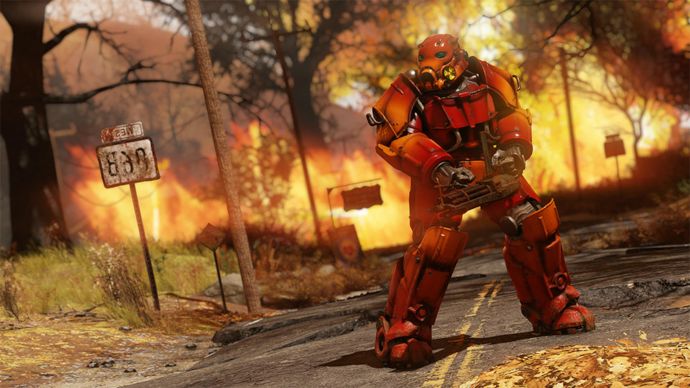
The term "AAA" (pronounced "triple-A") didn't become relevant until the late 1990s, when more and more companies started spending exuberant amounts of money developing games.
In short, AAA games are video games that have been developed by major game studios with huge budgets.
Publishers put a ton of money into game development and marketing for AAA games, spending millions of dollars on the production of a single game. They're so expensive that, in some cases, one failed game can drive a studio to bankruptcy.
AAA games are supposed to have top-notch graphics, audio and sound, character design, and gameplay. They're also expected to sell millions of copies to recoup the costs of production.
Some popular examples of AAA games include Far Cry 5 (by Ubisoft), Monster Hunter World (by Capcom), and Red Dead Redemption 2 (by Rockstar Games).
Why Are AAA Games So Bad?
Unfortunately, many modern AAA games have problems. No matter how perfect publishers try to make games, they always seem to end up making big mistakes.
High-quality graphics and top-notch voice acting might be there, but they don't matter anymore because AAA games are missing the creative heart that makes video games worth playing.
The Rise of Microtransactions
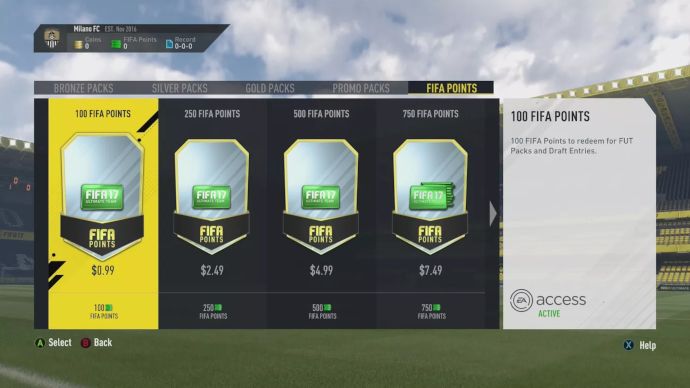
Microtransactions are the most irritating element of AAA games.
You can't play a single AAA game without encountering some attempt at trying to take even more of your money beyond the sticker price. Exclusive weapons, skins, maps, and DLC stories are all locked behind the barrier of microtransactions.
When you pay $60 for a game, you expect it to come with everything. You shouldn't have to pay for extra. But in the eyes of money-hungry game publishers, that outlook is laughable.
Microtransactions are increasingly mandatory—in many modern games, you have to pay if you want to win.
In a PVP battlefield where other players have spent hundreds of dollars on powerful weapons and equipment, you may not even be able to compete if you don't spend cash to keep up.
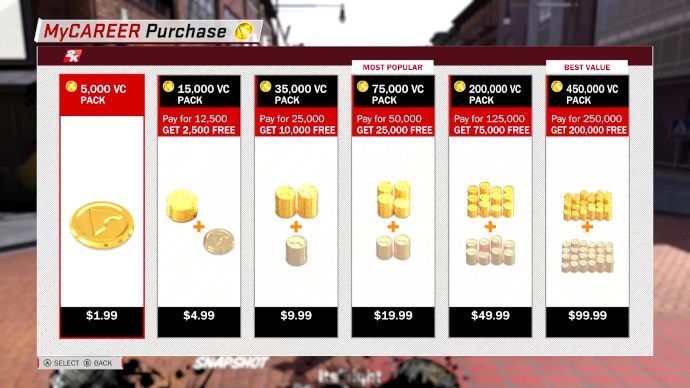
This makes games completely unenjoyable, and if your willpower wavers, you may actually decide to shell out the cash to join in and play along. That's coercive.
EA drowned in controversy with the release of Star Wars Battlefront II thanks to its greedy decision to include microtransactions (in this case, loot boxes and crystals).
Many players are vulnerable to the psychological draw of loot box mechanics and easily suckered into gambling on characters, maps, skins, and DLC unlocks.
Why can't games just deliver a complete set of assets and gameplay when you buy the game?
Buggy and Broken Games
With so much money poured in, you'd think that AAA games would be polished and without any problems.
Many players preorder AAA games with such expectations—which are totally reasonable—and end up disappointed. Maybe the game is incomplete. Maybe it's riddled with bugs.
Either way, the game doesn't live up to what it was promised to be. It's missing content, it's missing polish, it's missing all kinds of stuff that should be there for a $60 price tag.
Just look at the fiasco that was Cyberpunk 2077. After being in development for eight years, it released with all kinds of gamebreaking bugs and hilariously frustrating glitches.
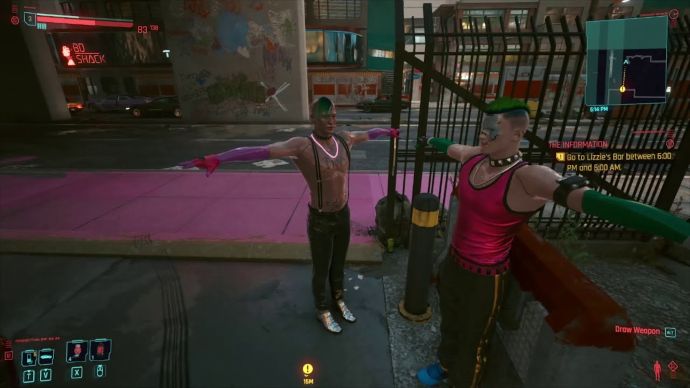
The developers working for these ultra-rich publishers aren't at fault here. Companies often give their staff unrealistic deadlines and horrible hours, resulting in terribly lackluster games.
More and more broken and empty games have been released lately, with publishers using DLC and patches to smooth out flaws after the fact.
The worst part is, we're now paying more for games that aren't finished. How can companies get away with this?
Fallout 76 is another notorious example of this new trend.
Upon release, it was riddled with bugs. Bethesda promised to fix the problems, but the game is still far from perfect. Players continue to experience glitches and server issues even today.
We can't let publishers mislead us anymore. When we purchase a game, it should be complete and polished and worthy of its price tag. This is a good reason to start being a "patient gamer"!
Lack of Risk-Taking
When AAA publishers stumble upon success, they end up milking franchises dry. Even games as old as Crash Bandicoot are getting remakes because AAA publishers love feeding off nostalgia, and more and more game publishers are jumping on this bandwagon.
Nintendo is one of the most recent offenders of this trend. Not only does Nintendo regularly re-release old games (like The Legend of Zelda), but they also re-release games that weren't even their own (i.e. Spyro Reignited Trilogy).
Re-releases aren't the only problem.
AAA games are often extensions of a single franchise. It's natural for players to purchase games from a franchise that they already love, so franchise games are instant moneymakers for publishers.

Since publishers are too scared of failure, they don't risk coming up with innovative games—there's too much money riding on success, and it makes more business sense to rely on tried-and-true tactics, like milking franchises.
That's why we have meme franchises like Call of Duty and Madden where nothing really changes from game to game. Players end up shelling out cash for what amounts to little more than a patch.
AAA Games Are Bound to Fail
Soon, the world of gaming will become a AAA game graveyard.
Indie publishers will rise to the top because they actually put time and effort into creating new types of games, and they can take the risks that AAA developers can't.
For now, we can only boycott the release of AAA games—I know I won't be buying any in the near future.
Indie games and retro games are the way to go if you don't want to deal with microtransactions or incomplete games.
